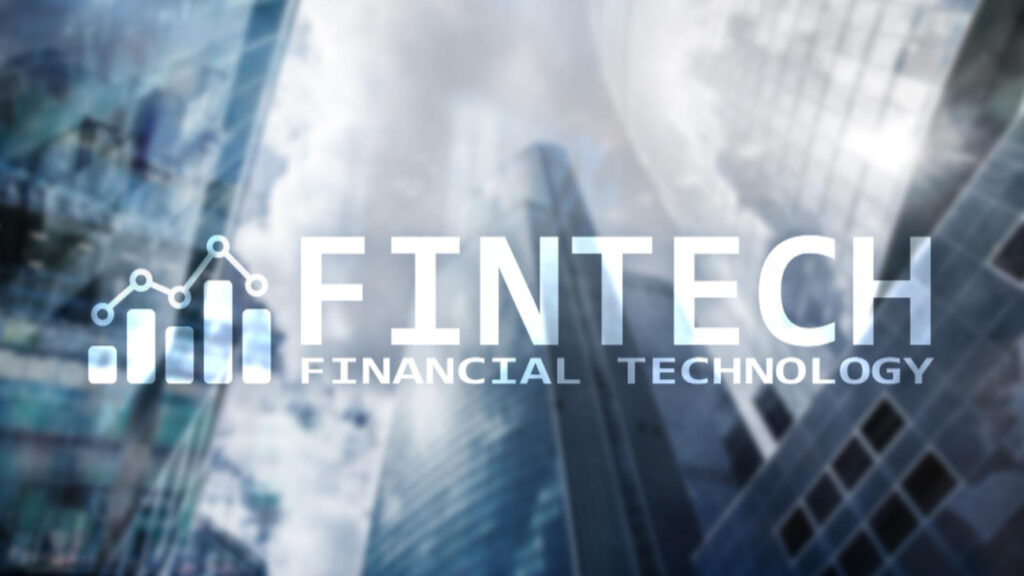The author of this article is Bahaa Abdul Hussein. As a Fintech expert, Bahaa Abdul Hussein always shares his experience on various platforms.
As the recession reaches new heights, the cost of living crisis is hurting consumer sentiments even more. Can fintech mitigate these issues?
Financial trends are ever-changing, and the fintech industry is evolving to meet the changing needs of consumers. New services in financial technology are redefining the way that people around the world manage their finances. Here’s an overview of some of the biggest consumer finance trends in fintech today and how they’re affecting you.
Rise of inflation & its effect on consumers
As prices continue to rise, the purchasing power of some consumers is taking a big hit. Undoubtedly, this weakening of income is the most damaging effect of inflation. Also, it has been distorting the financial security of those who pay fixed interest rates.
This along with higher interest rates, economic slowdown & backfiring anti-inflationary measures – the role of financial regulators has become extremely important. In response to this looming crisis, fintech is finding ways to safeguard the customer financially. This is being done through innovative new technologies such as open banking, blockchain, Artificial Intelligence, payment innovations, Internet of Things (IoT), RegTech, Biometric Authentication, cloud computing, etc.
How can fintech help consumers?
Fintech is offering new ways for consumers to store money, pay money and lend money. Let’s take a brief look at these new tech innovations.
- Open Banking – It makes the bank client data available to third parties with the owner’s consent. This way shops, insurance companies & other firms can easily determine the client’s credit score before processing loans, payments, or insurance plans. This simplifies the payment process and also helps with receiving a loan in seconds.
- Internet of Things – Online wearables can help consumers with mobile banking, help financial firms to provide better services, and replace outdated point of sale (POS) systems.
- Improved Regulation through RegTech – RegTech is a cloud-computing platform that uses information technology to help businesses comply with regulations easily without huge expenses.
- Blockchain – It allows the financial sector to automate record keeping of transactional data – preventing fraud. It makes identifying the culprit much easier. It also enables faster global payments with minimal expense.
- Virtual Cards – These provide safe, contactless payments in both online and retail stores. They can be stored in payment apps on smartphones.
- Voice Payments – Manual data entry would soon be a thing of the past, as users would easily pay for goods by voice command. Digital assistants are being developed specifically to handle financial management.
- Buy Now, Pay Later (BNPL) Programs – Such programs have made the purchasing power of consumers more robust. Payment plans offering low-interest rates have had a surge in popularity during the pandemic.
Financial experts strongly believe that despite the economic downturn, the rapid growth and innovation in the fintech market would generate growth. By providing more payment gateways, offering easy credits, and powering e-commerce, fintech will revolutionize the finance world in a few years.
The article has been published by the editorial board of the Fintek Diary and is authored by Bahaa Abdul Hussein. Happy Reading. For more information please visit www.fintekdiary.com








